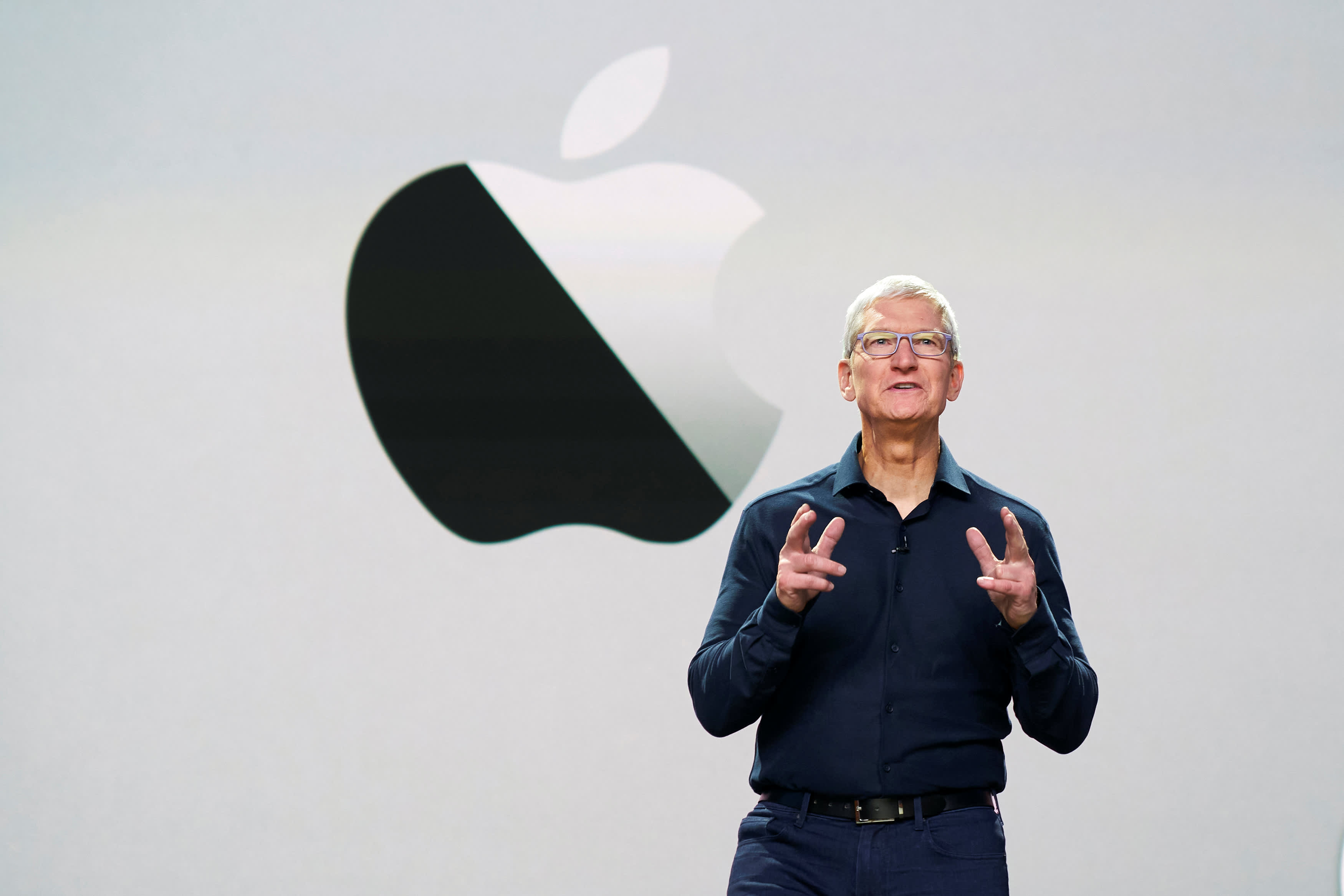Foxconn is offering big bonuses to entice workers back to its Zhengzhou, China factory after labor unrest over a pay dispute saw employees walk out, threatening to leave Apple with a shortfall of iPhones for the crucial holiday season.
This month, employees clashed with security personnel at the Zhengzhou plant, the world’s largest iPhone factory run by Apple’s assembly partner Foxconn.
related investing news
The rare worker unrest came after employees took to social media to air their grievances over what appeared to be a delay to bonus payments. Taiwanese firm Foxconn later apologized for what it called a “technical error” which caused a discrepancy in pay from what was promised to staff.
Foxconn’s factory was also hit by a Covid-19 outbreak last month leading to workers fleeing the facility as the company moved to control the outbreak through isolating infected people.
But with workers walking out of the factory, Foxconn is now trying to make up a shortfall in staff that is threatening global iPhone supply.
Foxconn said Tuesday that it will give a 500 Chinese yuan ($70) payment to returning workers, a 3,000 yuan bonus for those who stay more than 30 days and a 6,000 yuan January bonus. It comes a day after the company said it would pay wages of up to 13,000 yuan for some workers in December and January.
Analysts at Evercore ISI estimate the Zhengzhou factory accounts for more than 70% of Apple’s global iPhone production, highlighting the Cupertino-based giant’s reliance on China as a manufacturing hub, even as geopolitical tensions between the U.S. and China rise and Beijing’s strict “zero-Covid” policy causes supply chain disruptions.
The Zhengzhou protests and walkout is likely to have a revenue impact on Apple, according to a note published by Evercore ISI on Monday.
Evercore ISI analysts said that iPhone demand could be affected by 5 million to 8 million units in the December quarter, mostly at the high-end of Apple’s smartphone range, and that could negatively impact revenue by $5 billion to $8 billion.
Source: CNBC


